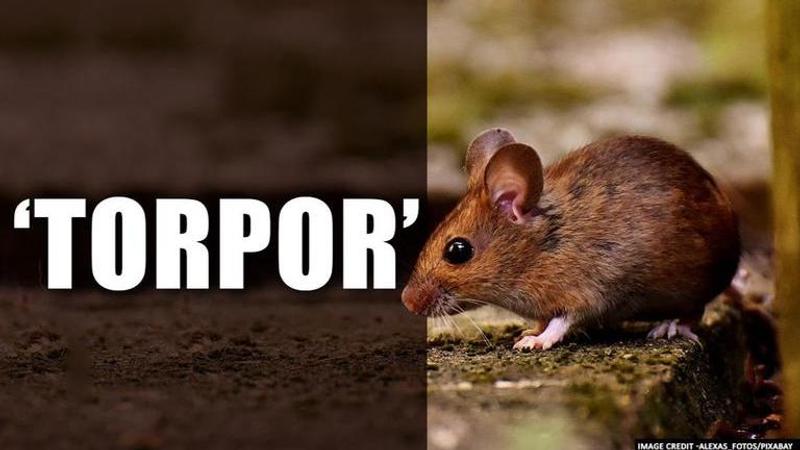Published 19:14 IST, June 11th 2020
Scientists identify neurons in rodents' brains can be artificially activated
A recent study identified neurons in the brains of rodents that can be artificially activated to send the animals into a ‘hibernation-like state’.

While some mammals naturally hibernate by lowering their body temperature, a recent study identified neurons in the brains of rodents that can be artificially activated to send the animals into a ‘hibernation-like state’. According to research published in Nature, scientists from the University of Tsukuba in Japan said that they ‘revolutionised’ the understanding of how the brain regulates body heat.
The scientists initially looked at mice, which do not hibernate, however, they go into a similar often short-term state called ‘torpor’. As per the research, the scientist genetically modified mice in which they could activate a set of neurons in the hypothalamus, named Q neurons, using chemicals or light. The researchers noted that once they genetically modified the rodent, it became less active and their body temperature also fell ten degrees or more to below 30 degrees Celsius.
As the mice remained in a state similar to that seen in hibernation, the scientists also noted that their pulse slowed considerably, their metabolic rate reduced and their breathing also became shallow. The rodent remains in the state of torpor for more than 48 hours, after which they behaved normally with no signs of physical harm. Furthermore, the researchers also reproduced the test technique in rats, which also do not normally hibernate.
Artificial hibernation believed to be beneficial
In the study published, the researchers said that the ability to induce such a state in the non-hibernating animal was a ‘step forward’ in the understanding of the neuronal mechanisms of regulated hypometabolism. The technique further also allowed the researchers to map the wider circuit of neurons involved in the process.
While animals that naturally hibernate lower their body temperature to dramatically slow their metabolisms and conserve energy often in winter months where there is a scarcity of food, the researchers believe that the recent technique to artificially induce this kind of hibernation-like state in humans would be beneficial for many medical applications. They also believe that the research may be relevant to the possibility of long-distance space exploration in the future as well.
The research also noted that there are still potential clinical applications that include the reduction of tissue damage following heart attacks or strokes. However, scientists believe that if similar groups of neurons are found in humans then it could open a way for therapeutic hypothermia to be induced in humans in a bid to slow down metabolic processes to help limit tissue damage.
Updated 19:14 IST, June 11th 2020




